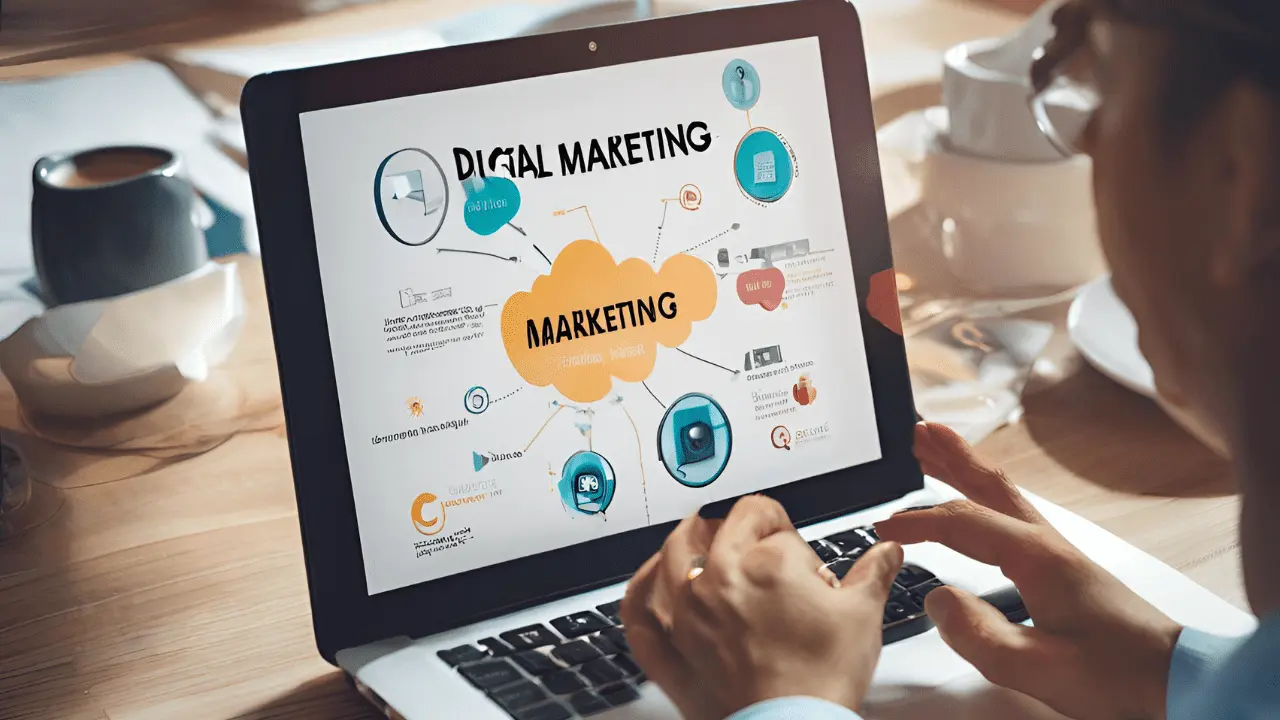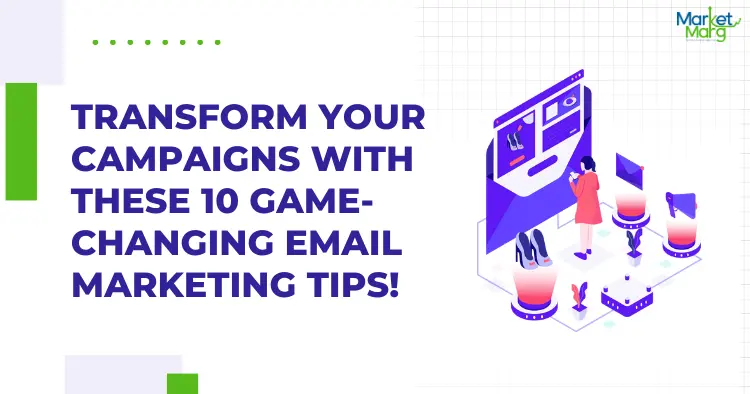Understanding Digital Marketing: Definition and Importance
Explore ‘What is Digital Marketing?’ Learn its definition and importance in today’s digital age to enhance your business growth and online presence.
Table of Contents
| Sr# | Headings |
|---|---|
| 1 | Introduction |
| 2 | What is Digital Marketing? |
| 3 | The Evolution of Marketing |
| 4 | Why Digital Marketing Matters |
| 5 | Key Components of Digital Marketing |
| 6 | Search Engine Optimization (SEO) |
| 7 | Content Marketing |
| 8 | Social Media Marketing |
| 9 | Email Marketing |
| 10 | Pay-Per-Click (PPC) Advertising |
| 11 | Affiliate Marketing |
| 12 | Influencer Marketing |
| 13 | Analytics and Data Insights |
| 14 | Digital Marketing Strategies for Success |
| 15 | Conclusion |
| 16 | FAQs |
Introduction
Have you ever wondered how businesses reach you through your favorite social media platforms or search engines? That’s the magic of digital marketing! In today’s fast-paced world, understanding digital marketing is crucial for anyone looking to make an impact online. But what exactly is digital marketing, and why is it so important? Let’s dive in and explore this fascinating subject together.
What is Digital Marketing?
Digital marketing refers to all marketing efforts that use an electronic device or the internet. Businesses leverage digital channels such as search engines, social media, email, and other websites to connect with current and prospective customers. Simply put, it’s the practice of promoting products or services using digital platforms to reach consumers.
The Evolution of Marketing
Marketing has come a long way from traditional methods like print ads and billboards. With the advent of the internet, marketing strategies have drastically evolved. Traditional marketing focuses on reaching a broad audience, while digital marketing allows for targeted, personalized interactions. This shift has transformed how businesses operate and engage with their audience.
Why Digital Marketing Matters
Why is digital marketing so essential? Imagine trying to reach millions of people without leaving your home. Digital marketing offers unprecedented reach, precision, and cost-effectiveness. Here are some key reasons why it matters:
- Global Reach: Unlike traditional marketing, digital marketing isn’t restricted by geography. You can reach a global audience with just a click.
- Cost-Effective: Digital marketing campaigns can be tailored to fit any budget, making it accessible for small businesses and startups.
- Measurable Results: Tools like Google Analytics allow you to track the performance of your campaigns in real time, providing valuable insights.
- Targeted Advertising: You can tailor your marketing efforts to specific demographics, ensuring your message reaches the right audience.
Key Components of Digital Marketing
Digital marketing is a broad field with several key components, each playing a vital role in a successful strategy. Let’s break down the major components:
Search Engine Optimization (SEO)
SEO is the process of optimizing your website to rank higher in search engine results pages (SERPs). This increases the visibility of your website, driving more organic traffic. SEO involves keyword research, content creation, and technical optimization.
Content Marketing
Content marketing focuses on creating and distributing valuable, relevant content to attract and engage a target audience. This can include blog posts, videos, infographics, and more. The goal is to provide value to your audience, building trust and authority in your industry.
Social Media Marketing
Social media marketing involves using platforms like Facebook, Instagram, Twitter, and LinkedIn to promote your brand and connect with your audience. It’s a powerful way to increase brand awareness, drive traffic, and generate leads.
Email Marketing
Email marketing is one of the most effective forms of digital marketing. It involves sending personalized emails to your audience to nurture leads, promote products, and build customer relationships. It’s highly targeted and provides a great return on investment (ROI).
Pay-Per-Click (PPC) Advertising
PPC advertising allows you to place ads on search engines and other platforms, paying only when someone clicks on your ad. This method provides immediate visibility and can be highly effective when combined with other digital marketing strategies.
Affiliate Marketing
Affiliate marketing involves partnering with other businesses or influencers to promote your products or services. Affiliates earn a commission for each sale or lead generated through their efforts, creating a win-win situation for both parties.
Influencer Marketing
Influencer marketing leverages the reach and authority of influencers in your industry to promote your brand. This can significantly increase brand visibility and credibility, especially when influencers have a loyal and engaged following.
Analytics and Data Insights
Data is at the heart of digital marketing. By analyzing data from your campaigns, you can gain valuable insights into what works and what doesn’t. This allows you to optimize your strategies for better results.
Digital Marketing Strategies for Success
To succeed in digital marketing, you need a well-thought-out strategy. Here are some tips to help you get started:
- Define Your Goals: What do you want to achieve with your digital marketing efforts? Whether it’s increasing website traffic, generating leads, or boosting sales, having clear goals will guide your strategy.
- Know Your Audience: Understanding your target audience is crucial. Conduct market research to learn about their needs, preferences, and behaviors.
- Create High-Quality Content: Content is king in digital marketing. Create valuable, engaging content that resonates with your audience.
- Utilize Multiple Channels: Don’t rely on just one channel. Use a mix of SEO, social media, email marketing, and PPC to reach your audience.
- Measure and Optimize: Regularly track the performance of your campaigns and make adjustments as needed. Use data insights to continuously improve your strategy.
Conclusion
Digital marketing is an ever-evolving field that offers endless opportunities for businesses to connect with their audience and grow. By understanding its key components and implementing effective strategies, you can harness the power of digital marketing to achieve your business goals. Whether you’re a small business owner or a marketing professional, staying updated with the latest trends and best practices is essential for success in today’s digital landscape.
FAQs
1. What is digital marketing? Digital marketing is the practice of promoting products or services using digital channels such as search engines, social media, email, and websites.
2. Why is digital marketing important? Digital marketing is important because it allows businesses to reach a global audience, target specific demographics, and measure the effectiveness of their campaigns in real time.
3. What are the main components of digital marketing? The main components of digital marketing include SEO, content marketing, social media marketing, email marketing, PPC advertising, affiliate marketing, influencer marketing, and analytics.
4. How can I get started with digital marketing? To get started with digital marketing, define your goals, understand your audience, create high-quality content, utilize multiple channels, and regularly measure and optimize your efforts.
5. What are some effective digital marketing strategies? Effective digital marketing strategies include setting clear goals, conducting market research, creating engaging content, using a mix of channels, and continuously optimizing based on data insights.



